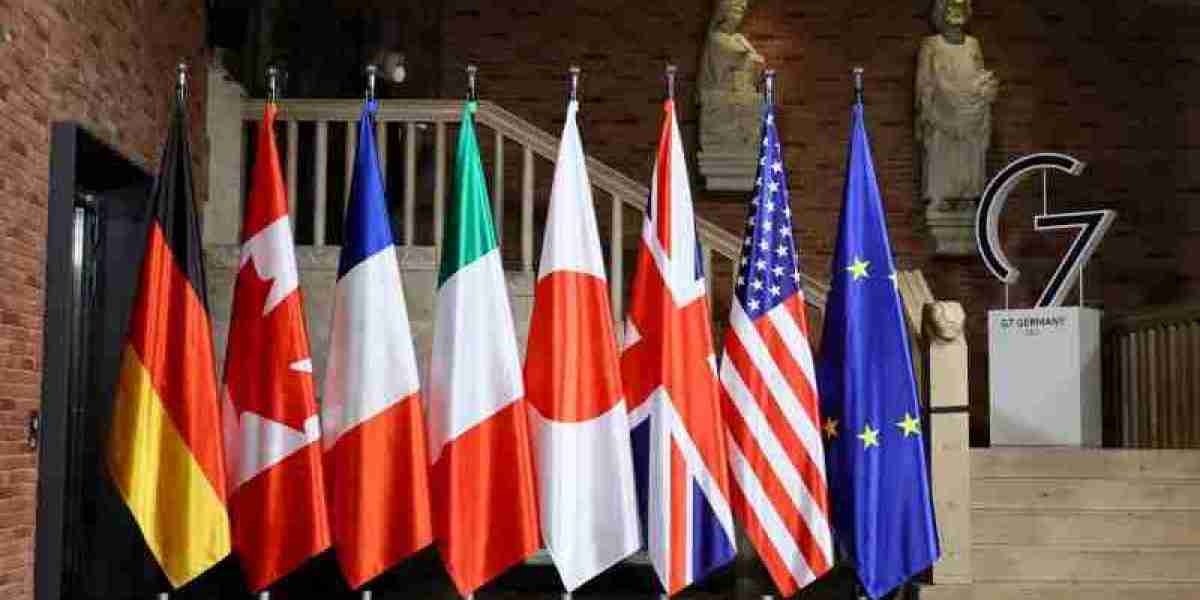Swift (Society for Worldwide Interbank Financial Telecommunication) is poised to launch its Central Bank Digital Currency (CBDC), marking a significant milestone in the global financial landscape. With this groundbreaking initiative, Swift is set to revolutionize cross-border payments, offering unprecedented speed, security, and efficiency.
The introduction of Swift's CBDC not only signals a leap forward in digital innovation but also poses a formidable challenge to the BRICS currency bloc. As one of the leading providers of financial messaging services worldwide, Swift's foray into the realm of digital currencies is expected to disrupt traditional banking systems and reshape the dynamics of international trade and finance.
By leveraging blockchain technology and distributed ledger technology (DLT), Swift's CBDC promises instantaneous transactions, real-time settlement, and enhanced transparency. This transformative approach to digital payments has the potential to streamline global commerce, reduce transaction costs, and mitigate counterparty risks.
In challenging the BRICS currency bloc, which comprises Brazil, Russia, India, China, and South Africa, Swift's CBDC represents a formidable competitor in the race for financial dominance. With its established network of financial institutions and unparalleled infrastructure, Swift is well-positioned to capture market share and assert its influence on the world stage.
However, the emergence of Swift's CBDC also raises questions about the future of traditional fiat currencies and the role of central banks in a rapidly evolving digital economy. As governments and regulatory bodies grapple with the implications of digital currencies, Swift's initiative is sure to spark debate and scrutiny from stakeholders across the globe.
In conclusion, Swift's readiness to launch its CBDC marks a pivotal moment in the evolution of global finance. As the industry braces for disruption and innovation, the competition between Swift and the BRICS currency bloc promises to shape the future of monetary policy, financial infrastructure, and economic prosperity on a global scale.



